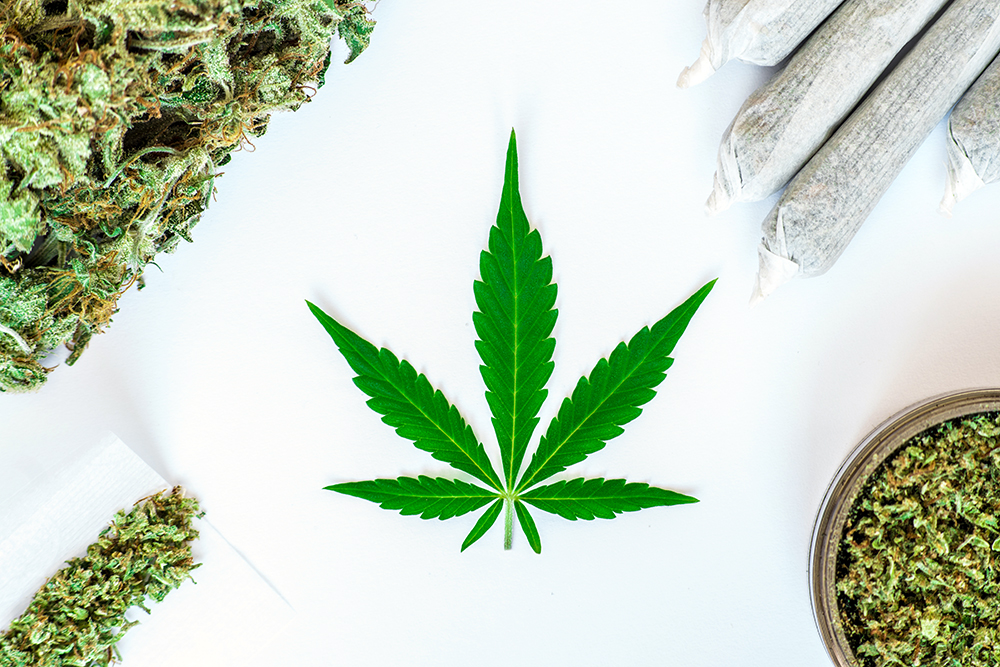Tennessee state law will not allow any more cannabis legalization here until the federal government moves, which may happen soon-ish (more on that below). But until then, don’t expect Tennessee cannabis news to be very exciting.
Consider the sober, sometimes droning, sometimes arduous December 1st meeting of the Tennessee Medical Cannabis Commission. That group was established by the Tennessee General Assembly in May 2021 to study “federal and state laws regarding medical cannabis and the preparation of legislation to establish an effective, patient-focused medical cannabis program in this state” but only if the drug was removed from the federal Schedule I.
In its first report, published in January, the commission offered the legislature at least some recommendations on potential laws for such a program here. Back then, some hints were available at even just the prospect of new legalization laws that might pull the commission from the sidelines.
But those proposals came and went. And while Tennessee shelved any action on cannabis, every state that borders it has enacted some sort of legalization effort. So, instead of laying solid groundwork for a Tennessee program, the cannabis commission has quietly studied, and studied, and studied, and watched the growing pains other states have experienced while starting and building their own programs.
The commission is slated to meet this week to finalize its second report to the legislature. So sleepy is the material for the report this year, commission members spent much of its early December meeting trying to jazz it up to get the attention of lawmakers.
Commissioner Cari Parker said lawmakers should be handed a one-pager because that’s “the attention span we have to plan for to at least incite a little bit of interest.” Ray Marcrom, a pharmacist, said he does not want lawmakers to get the report and say, “‘Well, that’s nice.’ Because that’s kind of what we got last year.”
Two facts stuck out from the commission’s meeting, though. One was the reminder that Tennessee has, indeed, stuck the tiniest toe past federal cannabis laws, as it allows products with 0.9 percent THC, instead of the federal 0.3 percent. Another is that there is a desire from lawmakers and businesses to keep hemp-derived THC products (like Delta 8) separate from any medical cannabis program here and be regulated from the Tennessee Department of Agriculture.
On the federal side of cannabis news, though, things got pretty hot this year. Joe Biden, the president of the United States, said words every college sophomore (of a certain stripe) has wanted to hear a global leader to say:
“No one should be in jail just for using or possessing marijuana,” Biden said in an October statement. “Sending people to prison for possessing marijuana has upended too many lives and incarcerated people for conduct that many states no longer prohibit.”
Biden then outlined three steps in a plan to “end this failed approach” to cannabis law in the U.S. First, he pardoned all prior federal offenses of simple possession of marijuana. Second, he urged all governors to do the same with regard to state offenses. (Guess what Tennessee Governor said no to this. Hint: It rhymes with Bill Lee.)
Biden also asked the secretary of health and human services and the attorney general to review cannabis’ place in federal law. Now, as Biden said, it is up there with “the most dangerous substances” like “heroin and LSD, and even higher than the classification of fentanyl and methamphetamine — the drugs that are driving our overdose epidemic.”
